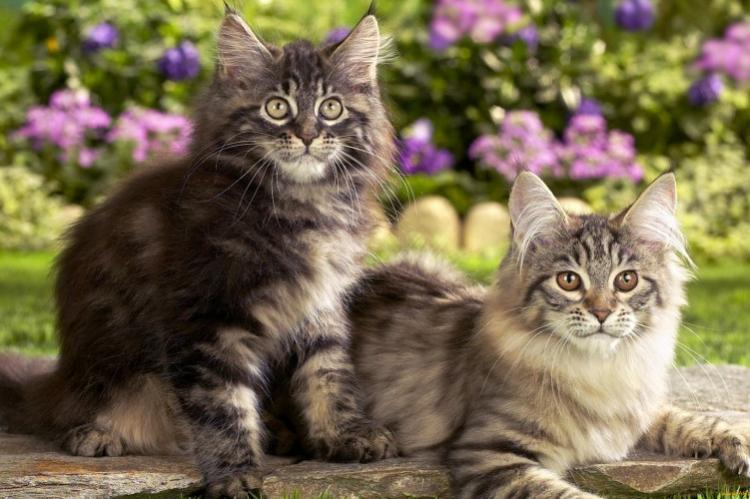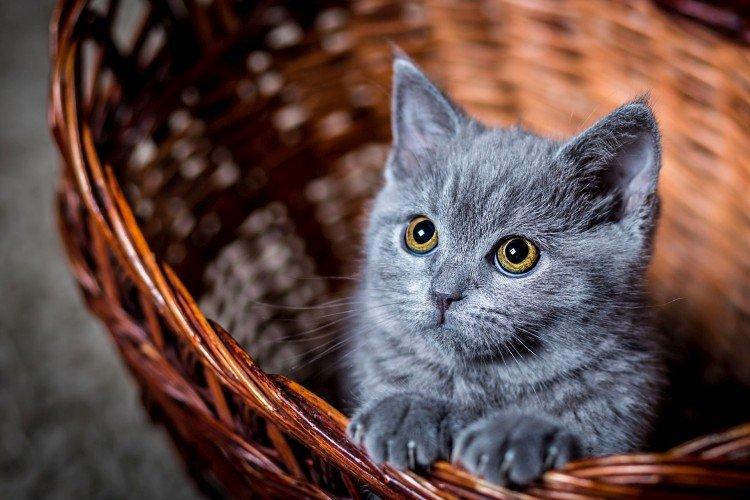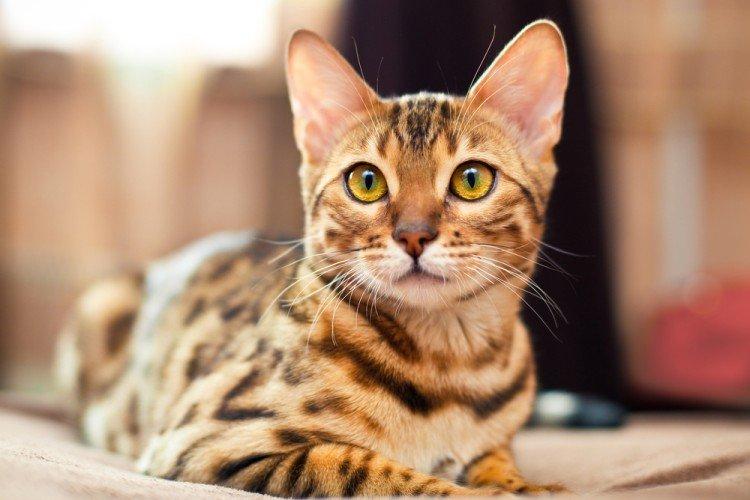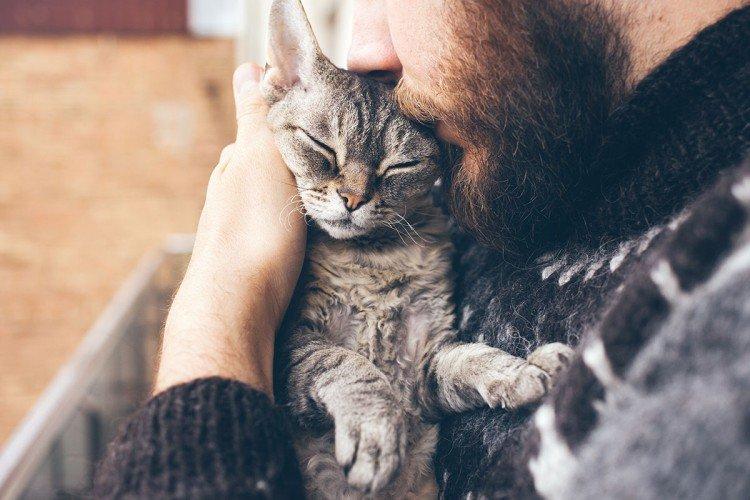
Domestic cats can be real long-livers, especially if they are properly cared for, healthy and nutritionally monitored. We will tell you how long cats live, how the breed affects it and what to do for attentive owners!
Life expectancy of cats, depending on the breed
To begin with, we note that domestic cats always live significantly longer than those that are left to themselves and live on the street. On average, their age reaches 13-15 years. But there are also real centenarians who live for 20 years or more.
It is possible to trace some connection between the lifespan and the breed. For example, Russian blue, exotic and Bombay live for about 12 years. British, Scots, Sphynxes, Rexes and American Bobtails - about 15. Maine Coons, Australian Smoky and Asian tabby - 15-18 years old. And 20-year-old centenarians are most often found among Siamese, Thai and American shorthair cats.
In fact, it is not the breed that matters, but heredity. And in particular, genetic abnormalities that could have come from their ancestors. That is why professional breeders keep track of and keep pedigrees of pets so carefully.

How to prolong the life of a cat?
Under favorable conditions, a healthy cat without congenital abnormalities presents almost no problems. It is enough to control the following aspects!
Proper nutrition
A balanced diet has a direct impact on the cat's lifespan. We recommend using premium and holistic feeds, which do not contain harmful additives and questionable ingredients. If the cat has special needs, they cannot be neglected. It can be allergies, kidney failure, stomach problems.
Take into account the weight and age of the animal, its activity, breed and other features. You can not overfeed cats, because they are overweight is not at all cute, but the same serious health risks as for humans. You cannot feed cats from the table, especially - smoked meats, sausages, sausages and even milk.

Veterinary control
If dogs sometimes still somehow make it clear that they are not feeling well, cats do not show it to the last. Most often, feline diseases, visible to the naked eye, are already running and are not always reversible. To prevent this from happening, you need a regular examination by a doctor, a blood test, and if indicated, an ultrasound scan or even an ECHO of the heart.
Also, do not forget about the vaccination according to the calendar, because some vaccinations need to be repeated periodically, and not only in childhood. For example, from rabies. And periodic treatment for parasites is important, especially if the animal is on the street.
Sterilization
Dozens of strange myths are still associated with sterilization and castration. But the reality is simple: without this procedure, the animal lives much less, and the risks of hormonal or oncological problems increase. Moreover, childbirth is more difficult for domestic cats than for outdoor cats. And uncontrolled pregnancies are dangerous at all. And animals also have their own list of diseases and infections that are sexually transmitted.

Active lifestyle
The level of activity of a cat depends on its temperament. Some run around the apartment for days on end, while others prefer to lie in a warm and comfortable armchair. But even the most phlegmatic and calm pet should have toys, a place for activities and leisure. Do not forget to play with your pet, even if at first he refuses. Show a little patience - and the animal will surely get involved in the process!
Life on the street
Keep in mind that street cats live about 7-8 years, and for them they are already happy centenarians. And many breeds are generally not designed for such conditions. This also applies to those animals that come into the house and go for a walk at will.For a long and happy life, most cats do not need regular walks. And if you do this, do not let the pet walk by itself.
Love and attention
Cats require much less attention than dogs and feel great on their own. But they just as vitally need the attention and love of the owner. Otherwise, the animal begins to wither and get sick. And also remember that you can't constantly scream and punish your pet. First, it is ineffective. Secondly, constant noise and fuss leads to neuroses, and they also shorten the cat's lifespan.


